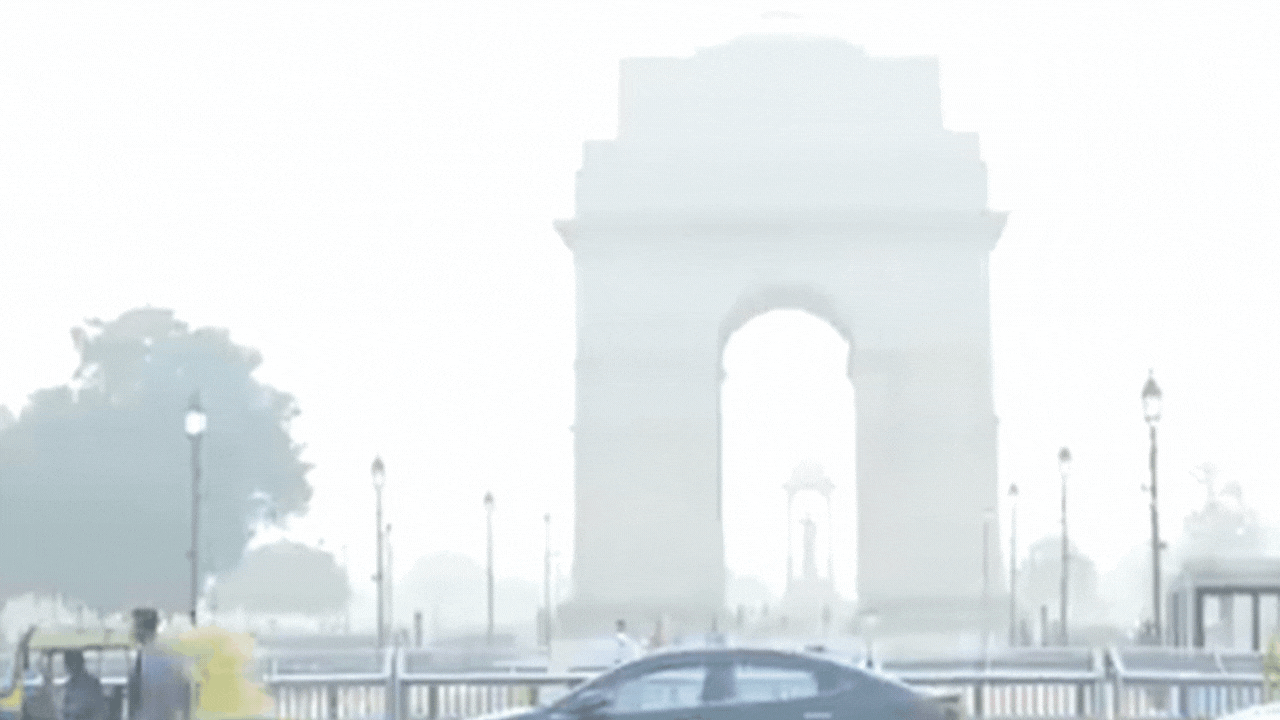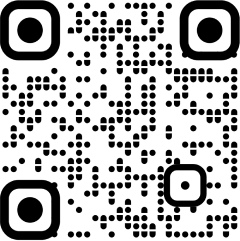
The Commission for Air Quality Management (CAQM) on Monday ordered the implementation of GRAP-II in Delhi-NCR. The decision comes in light of the worsening air quality in the capital.
“In an effort to prevent further deterioration of the air quality, the Sub-Committee decided that all actions as envisaged under Stage II of the GRAP-Very Poor Air Quality be implemented by all the agencies concerned in the NCR, in addition to the Stage-I actions already in force, from 8:00 A.M. of 22.10.2024 in the National Capital Region (NCR),” the order read.
Here’s what it means for the citizens of Delhi:
- The vehicle parking fees will be enhanced to discourage the use of private transport.
- People have been advised to take less congested routes even if slightly longer.
- Regularly replace air filters at recommended intervals in your automobiles, urged CAQM.
- Avoid dust-generating construction activities during months of October to January.
- Avoid open burning of solid waste and biomass.
What are the instructions for authorities?
- Daily mechanical or vacuum sweeping and water sprinkling on identified roads.
- Uninterrupted power supply to prevent use of backup generators.
- Take focused action to reduce air pollution in identified hotspots in NCR. Increase measures to address the main sources of poor air quality in each hotspot.
- Sprinkle water and use dust suppressants on roads every other day during off-peak hours to control dust, especially in hotspots and busy areas. Dispose of collected dust at designated sites.
- Intensify inspections for strict enforcement of dust control measures at construction sites
A thin layer of smog engulfed the national capital with Air Quality Index (AQI) dropping to 349 at 8 am on Monday, categorized as ‘Very Poor.’
AQI recorded at Shakurpur and the surrounding areas in the capital city was recorded as 346 categorized as ‘Very Poor’, as per the Central Pollution Control Board (CPCB).
Surrounding areas near India Gate recorded an AQI of 309, categorized as ‘Very Poor.’
AQI in Safdarjung was recorded as 307, categorized as ‘Very Poor.’
Meanwhile, toxic foam was seen floating on the Yamuna River as the pollution levels in the river continued to rise.
Environmentalist Vimlendu K Jha called the phenomena an absolute travesty of environmental governance in Delhi.

